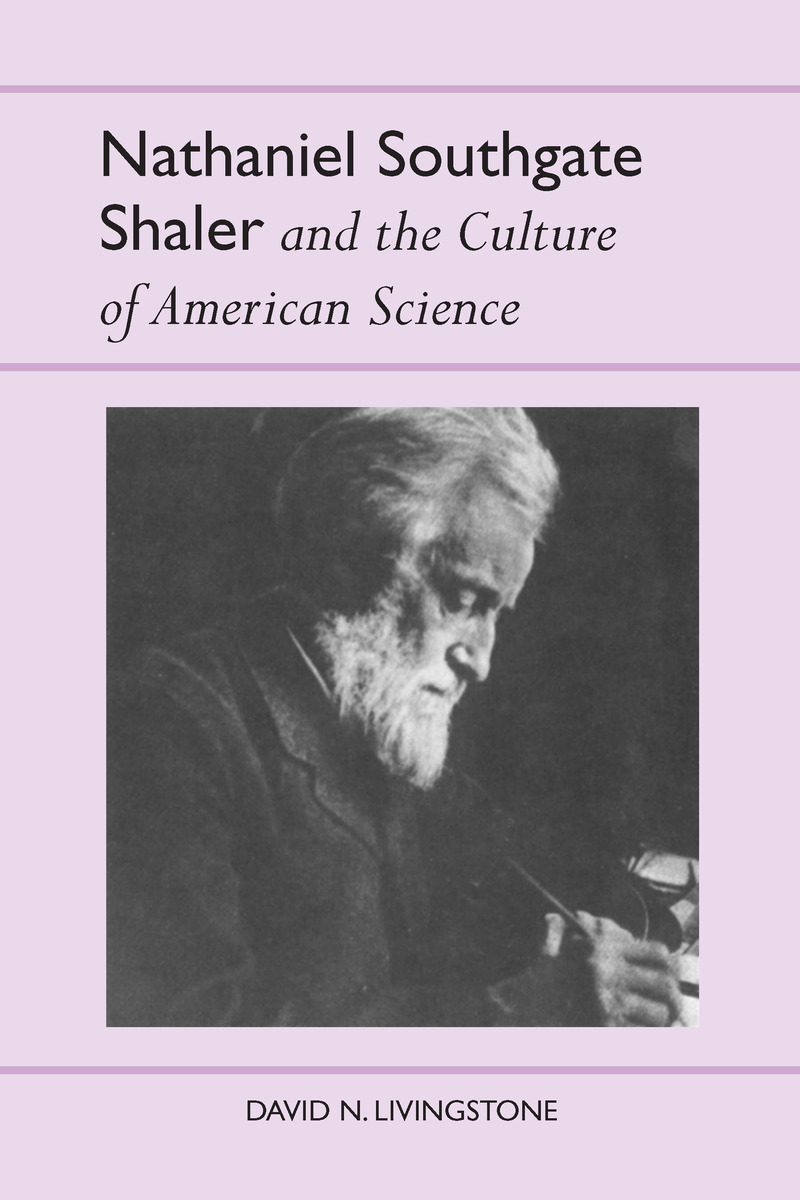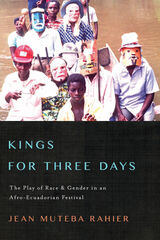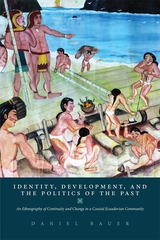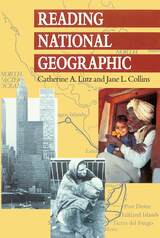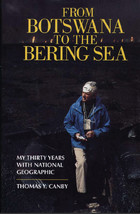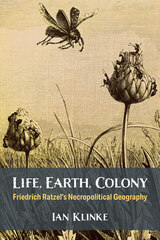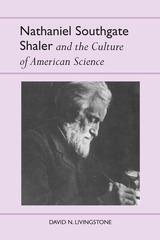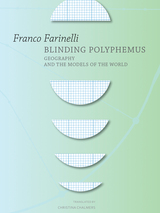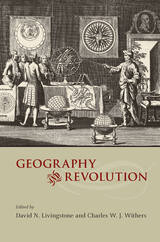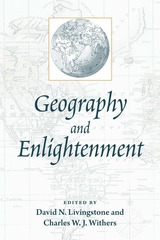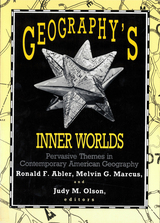Nathaniel Southgate Shaler and the Culture of American Science
University of Alabama Press, 1987
Cloth: 978-0-8173-0305-1 | Paper: 978-0-8173-5196-0
Library of Congress Classification G69.S49L58 1987
Dewey Decimal Classification 910.924
Cloth: 978-0-8173-0305-1 | Paper: 978-0-8173-5196-0
Library of Congress Classification G69.S49L58 1987
Dewey Decimal Classification 910.924
ABOUT THIS BOOK | AUTHOR BIOGRAPHY | REVIEWS | TOC
ABOUT THIS BOOK
Nathaniel Southgate Shaler and the Culture of American Science is the first book-length study of the man who served a Harvard’s Professor of Geology and Paleontology during the Darwinian era. Shaler was a student of Louis Agassiz and went on to a successful, multifaceted career as a geologist, geographer, educator, humanist, and poet. Livingstone employs a thematic approach to chart Shaler’s career against the broader intellectual currents of America’s Gilded Age. After tracing Shaler’s life story from his boyhood in Kentucky through his student years at Harvard, his service with the Geological Survey, and eventually his years as Dean of Harvard’s Lawrence Scientific School, the author examines Shaler’s evolutionary vision and portrays his strategic efforts to reconcile the nineteenth century’s scientific and religious world views.
Livingstone assesses Shaler’s prolific writings, including those on race, which demonstrate a typical concern to provide a “scientific” perspective on the political questions of immigration restriction and eugenic control. IN addition, the book explores his efforts to interweave geography and history, particularly in relation to the American frontier; and his contributions to geology and geomorphology. The portrait of Shaler is completed with a review of his educational thinking and his role in establishing the American Summer School and in furthering scientific and technological education.
Nathaniel Southgate Shaler emerges from Livingstone’s work as a distinctive figure in the development of the new scientific culture, a figure who provides a focal point for assessing the impact of evolutionary naturalism on late-nineteenth-century American thought.
See other books on: American Science | Culture | Geographers | Livingstone, David N. | South (AL, AR, FL, GA, KY, LA, MS, NC, SC, TN, VA, WV)
See other titles from University of Alabama Press
